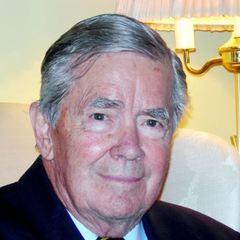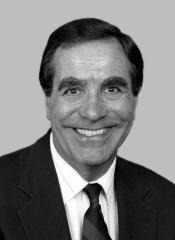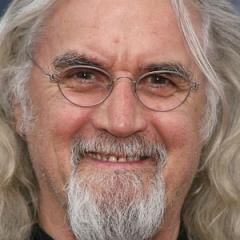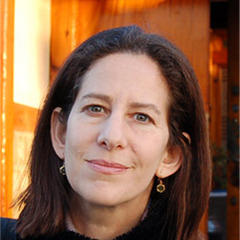Religion is ... being as much like God as man can be.
Benjamin Whichcote, Anthony Tuckney (1753). “Moral and religious aphorisms [collected by J. Jeffery from the papers of B. Whichcote]. Now re-publ., with additions, by S. Salter. To which are added, Eight letters: which passed between dr. Whichcote, and dr. Tuckney”, p.111
Copy quote
A good man's life is all of a piece.
Benjamin Whichcote, Anthony Tuckney (1753). “Moral and religious aphorisms [collected by J. Jeffery from the papers of B. Whichcote]. Now re-publ., with additions, by S. Salter. To which are added, Eight letters: which passed between dr. Whichcote, and dr. Tuckney”, p.177
Copy quote
Every profession does imply a trust for the service of the public.
Benjamin Whichcote (1753). “Moral and religious aphorisms collected from the manuscript papers of the reverend and learned Doctor Whichcote; and published in 1703, by Dr. Jeffery. Now re-published, with very large additions, ... by Samuel Salter, ... To which are added, Eight letter”, p.84
Copy quote
Will, without reason, is a blind man's motion; will, against reason, is a madman's motion.
Benjamin Whichcote (1753). “Moral and religious aphorisms collected from the manuscript papers of the reverend and learned Doctor Whichcote; and published in 1703, by Dr. Jeffery. Now re-published, with very large additions, ... by Samuel Salter, ... To which are added, Eight letter”, p.74
Copy quote
He that repents is angry with himself; I need not be angry with him.
Benjamin Whichcote, Anthony Tuckney (1753). “Moral and religious aphorisms [collected by J. Jeffery from the papers of B. Whichcote]. Now re-publ., with additions, by S. Salter. To which are added, Eight letters: which passed between dr. Whichcote, and dr. Tuckney”, p.181
Copy quote
Man is a wonder to himself; he can neither govern nor know himself.
Benjamin Whichcote, Anthony Tuckney (1753). “Moral and religious aphorisms [collected by J. Jeffery from the papers of B. Whichcote]. Now re-publ., with additions, by S. Salter. To which are added, Eight letters: which passed between dr. Whichcote, and dr. Tuckney”, p.61
Copy quote
Conscience without judgment is superstition.
Benjamin Whichcote, Anthony Tuckney (1753). “Moral and religious aphorisms [collected by J. Jeffery from the papers of B. Whichcote]. Now re-publ., with additions, by S. Salter. To which are added, Eight letters: which passed between dr. Whichcote, and dr. Tuckney”, p.46
Copy quote
The most that any of us know, is the least of that which is to be known.
Benjamin Whichcote (1753). “Moral and religious aphorisms collected from the manuscript papers of the reverend and learned Doctor Whichcote; and published in 1703, by Dr. Jeffery. Now re-published, with very large additions, ... by Samuel Salter, ... To which are added, Eight letter”, p.48
Copy quote
Virtue is the health, true state, natural complexion of the Soul.
Benjamin Whichcote (1753). “Moral and religious aphorisms collected from the manuscript papers of the reverend and learned Doctor Whichcote; and published in 1703, by Dr. Jeffery. Now re-published, with very large additions, ... by Samuel Salter, ... To which are added, Eight letter”, p.40
Copy quote







